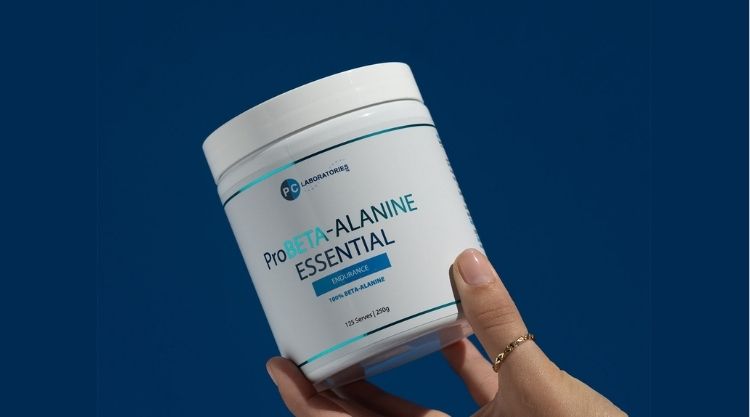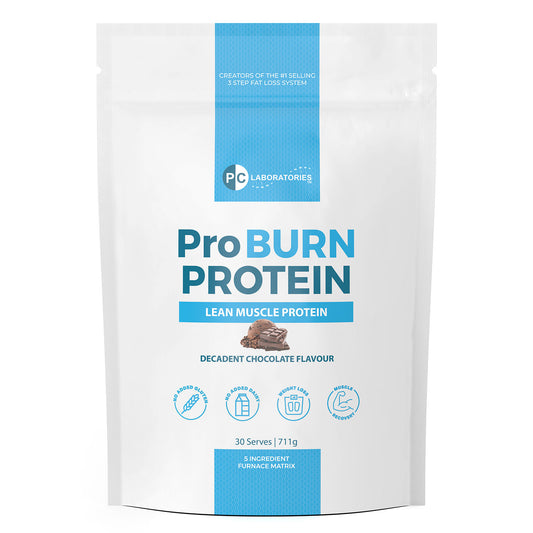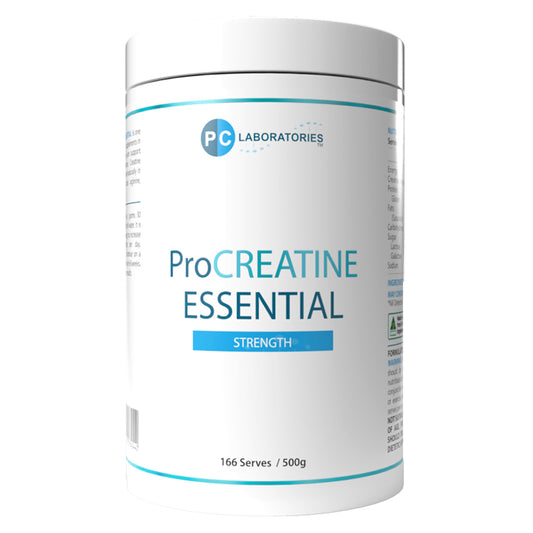In the world of fitness and athletic performance, supplements often take center stage in the pursuit of enhanced endurance and strength. Among the most talked-about compounds is Beta Alanine—a naturally occurring amino acid that has captured the attention of both professional athletes and fitness enthusiasts. Known for its ability to improve muscle performance and delay fatigue, Beta Alanine has become a staple in pre-workout regimens worldwide.
But what exactly makes Beta Alanine so effective? How does it work in the body, and who stands to benefit most from its supplementation? This article delves into the science behind Beta Alanine, explores its proven benefits, and provides practical guidance on safe and effective use. Whether you're looking to push through grueling workouts, improve your athletic edge, or simply understand the supplement better, this comprehensive guide has you covered.
What is Beta Alanine?
Beta Alanine is a naturally occurring non-essential amino acid, meaning the body can produce it independently without needing external sources. Unlike essential amino acids, which serve as building blocks for proteins, Beta Alanine performs a specialized role by contributing to the synthesis of carnosine—a compound crucial for muscle performance.
Carnosine is highly concentrated in skeletal muscles, where it acts as a buffer against the buildup of hydrogen ions during high-intensity exercise. This buildup often leads to a drop in pH levels, causing the familiar burning sensation and muscle fatigue that limits performance. By increasing carnosine levels, Beta Alanine helps delay the onset of fatigue, enabling longer and more intense physical activity.
Although the body can produce Beta Alanine naturally, dietary sources can further contribute to its availability. It is found in protein-rich foods such as meat, poultry, and fish, particularly in the form of carnosine and other dipeptides. However, obtaining sufficient Beta Alanine to significantly enhance athletic performance typically requires supplementation.
Understanding its function and role in the body is key to appreciating the benefits Beta Alanine offers to both athletes and individuals seeking to optimize muscle health. As we delve deeper, the mechanisms and outcomes of Beta Alanine supplementation will become even clearer.
How Beta Alanine Works in the Body
To understand the benefits of Beta Alanine, it is essential to explore its mechanism of action within the body. Unlike other amino acids, Beta Alanine does not play a direct role in building proteins. Instead, it serves as a precursor to carnosine, a dipeptide composed of Beta Alanine and histidine.
Carnosine is primarily found in skeletal muscles and acts as a buffer against the accumulation of hydrogen ions during intense physical activity. When you engage in high-intensity exercise, your muscles produce lactic acid as a byproduct of energy metabolism. This lactic acid dissociates into lactate and hydrogen ions, the latter of which can lower pH levels in muscle tissue. This drop in pH creates an acidic environment that impairs muscle function, leading to fatigue and a decline in performance.
By increasing carnosine concentrations in muscle tissue, Beta Alanine supplementation enhances the body’s ability to buffer these hydrogen ions. This buffering effect helps maintain a more balanced pH level in the muscles, delaying the onset of fatigue and allowing you to sustain high-intensity efforts for longer periods.
The science behind this mechanism is supported by numerous studies, which demonstrate that Beta Alanine supplementation significantly elevates muscle carnosine levels. Research also indicates that this increase in carnosine is directly associated with improved performance in activities that require short bursts of intense effort, such as sprinting, weightlifting, and high-intensity interval training (HIIT).
Through its unique role in boosting carnosine synthesis, Beta Alanine offers a natural and effective means of enhancing muscular endurance and optimizing performance. Whether you’re a professional athlete or a recreational fitness enthusiast, this mechanism is at the heart of Beta Alanine’s growing popularity in the world of sports nutrition.
Key Benefits of Beta Alanine
Beta Alanine has earned its reputation as a powerful performance-enhancing supplement, thanks to its scientifically supported benefits. By increasing carnosine levels in muscle tissue, it provides advantages that go beyond the gym, benefiting athletes, fitness enthusiasts, and even older adults. Below, we explore the key benefits of Beta Alanine in detail.
Enhanced Muscle Endurance
One of the most significant benefits of Beta Alanine is its ability to improve muscle endurance during high-intensity exercise. By buffering hydrogen ions and stabilizing muscle pH levels, Beta Alanine helps delay the onset of fatigue. This means you can push harder and longer in activities that require sustained effort, such as running, cycling, and swimming.
For example, athletes participating in high-intensity interval training (HIIT) have reported noticeable improvements in their ability to maintain performance throughout repeated bouts of exercise. Studies confirm that Beta Alanine supplementation can increase time-to-exhaustion, making it an invaluable tool for endurance-based activities.
Improved Athletic Performance
In addition to enhancing endurance, Beta Alanine has been shown to improve overall athletic performance, particularly in activities requiring short bursts of power and strength. This makes it especially beneficial for bodybuilders, sprinters, and weightlifters.
By optimizing the muscles’ capacity to buffer acidity, Beta Alanine enables athletes to perform more repetitions, lift heavier weights, or sprint faster. In competitive sports, this edge can make a measurable difference in outcomes. Research consistently highlights the performance benefits of Beta Alanine in activities lasting between 1 and 4 minutes, where anaerobic energy systems are dominant.
Support for Aging Muscles
Beyond athletic performance, Beta Alanine offers benefits for aging populations. As we age, muscle carnosine levels naturally decline, potentially contributing to reduced muscle function and increased susceptibility to fatigue. Beta Alanine supplementation can help counteract this decline, supporting muscle health and improving physical capacity in older adults.
Additionally, carnosine’s antioxidant properties may help protect cells from oxidative stress, further enhancing its potential to promote healthy aging and maintain mobility.
Synergy with Other Supplements
Beta Alanine works particularly well in combination with other supplements, enhancing their effects. For instance, pairing Beta Alanine with creatine—another popular performance-enhancing supplement—can provide complementary benefits. While Beta Alanine improves muscular endurance, creatine boosts strength and power, making this combination ideal for athletes aiming to optimize both aspects of performance.
Beta Alanine is also a common ingredient in pre-workout formulas, where it works alongside caffeine and other compounds to maximize workout effectiveness.
Broad Applicability Across Fitness Levels
Whether you’re a professional athlete, a recreational gym-goer, or someone looking to maintain muscle health as you age, Beta Alanine offers a wide range of benefits. Its ability to enhance endurance, delay fatigue, and support overall muscle function makes it a versatile supplement for people at all fitness levels.
Conclusion
Beta Alanine has emerged as a valuable supplement for enhancing physical performance, endurance, and muscle health. Its unique role in increasing carnosine levels within muscle tissue provides a scientific foundation for its effectiveness. By buffering hydrogen ions and maintaining muscle pH during high-intensity activities, Beta Alanine helps delay fatigue, allowing individuals to push harder and achieve their fitness goals.
The benefits of Beta Alanine extend beyond athletes and gym enthusiasts. From improving athletic performance to supporting aging muscles, this supplement offers advantages for a wide range of individuals. However, as with any supplement, understanding proper dosage, being mindful of potential side effects, and consulting with a healthcare professional are essential steps to ensure safe and effective use.
Whether you’re looking to improve your endurance, boost your strength, or maintain your muscle health as you age, Beta Alanine is a scientifically supported option worth considering. With its growing popularity and proven track record, it’s no wonder that Beta Alanine continues to be a staple in the fitness and wellness community.








